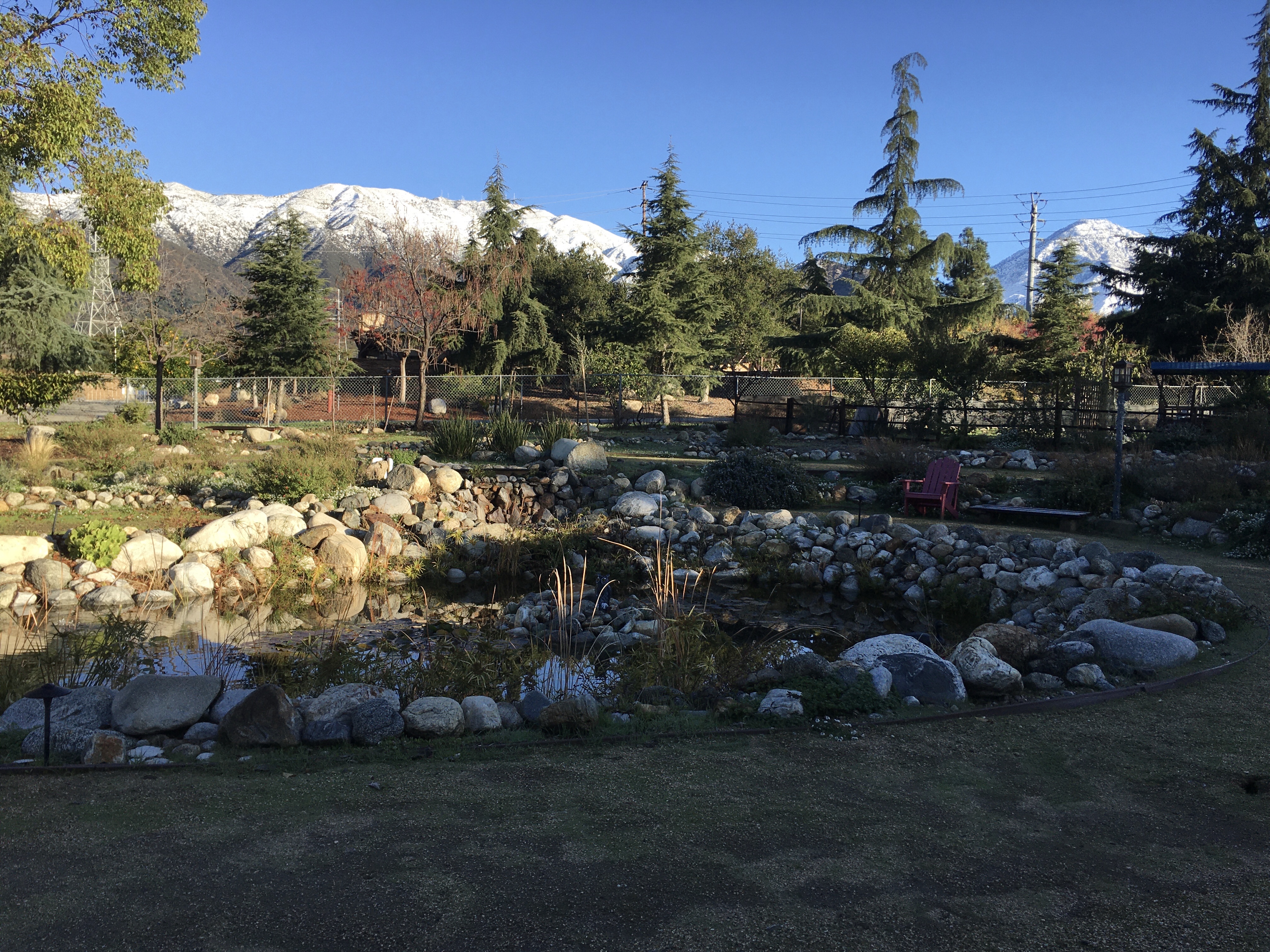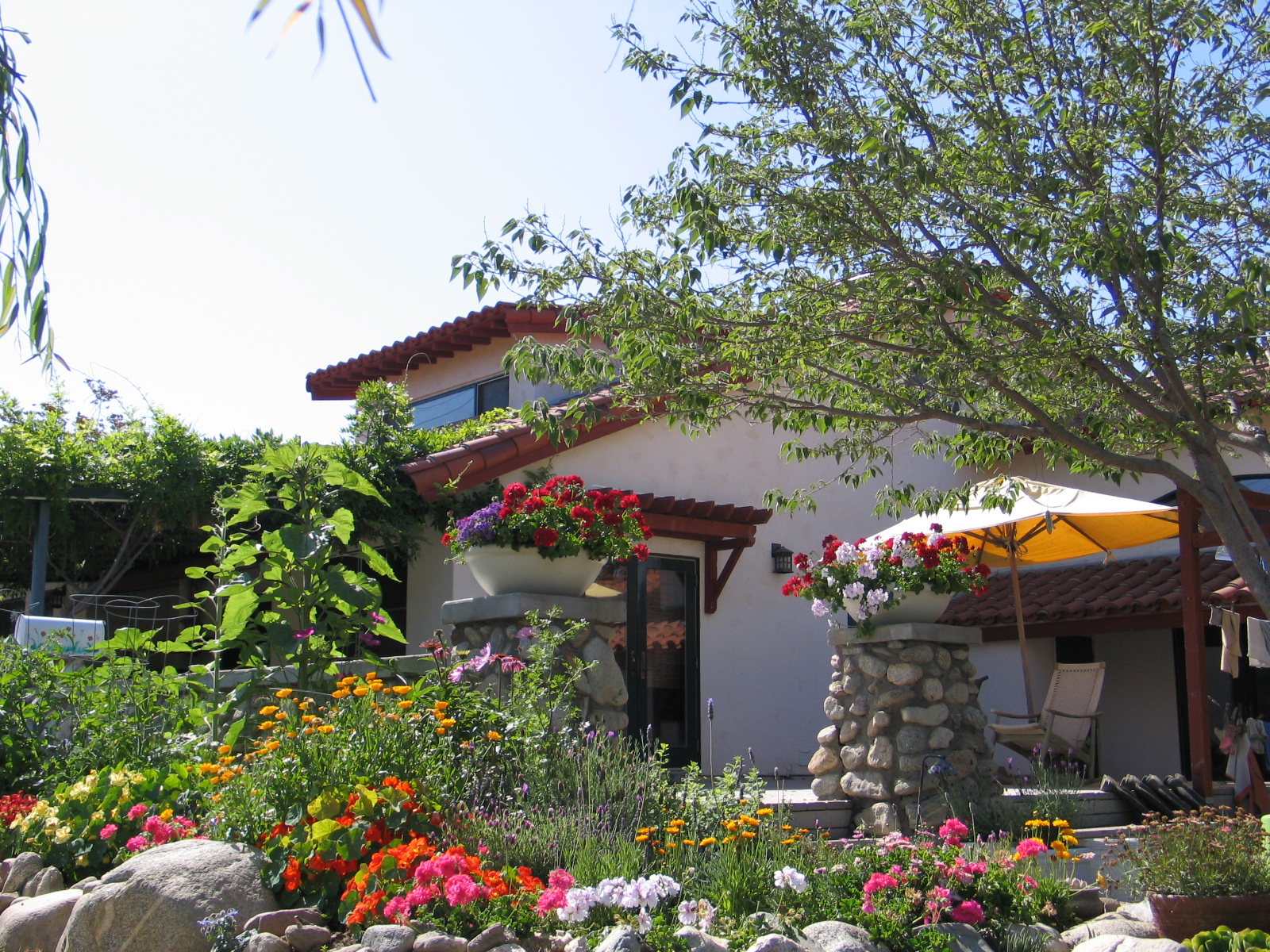2020, the Year of New Beginnings and Renewals!

New Year’s day began with full of snow marking lowest height of attitude of the mountain front of the house. Twenty years ago, the Myra House project began to meet the need for a holistic way of living.
As we continually re-vision the mission of the Myra House, always reflecting on our original mission “to educate future leaders of the local and global community facing emergent ecological crises and human illness,” we hope to continue to live out a strengthening of our interdisciplinary practices in the areas of integrative health and sustainable living. As we connect with the inspirational stories of other people and communities, it is crucial that our mission can be reflected on, reviewed and refocused. We can envision a new model to be germinated by reframing the Way of Eco-Biotic Community Life in Seven Rules:
- Not being overly competitive, driven by selfish genes, but instead collaboratively working toward symbiotic cooperation. Observing a garden in a small lot, it is evident that there is unique beauty in the diversity; each plant and tree contributes its own distinctive features and the natural beauty is heightened as many contributors are collaborating. Applying this to the human family dynamic, we seek opportunities to live together across racial/ethnic divides, generational gaps and cultural boundaries. Healthy, sustainable community can be achieved through the symbiotic interaction of diverse contributors—bacteria, bugs, worms and insects as well as humans. True beauty is certainly not created by a select few who succeed in the game of the survival of the fittest through dominating and manipulative tactics. Rather, there are other means that can open up imagination, creativity and moral excellency for all.
- Not relying on super high-tech industrial automation systems, but instead what our hands can do. Our homes and workplaces have already become organized with techno-computerized network systems that promote an easy, convenient and comforting life. Applying new, upgraded technological devices for energy or water saving is not necessary. Most likely, these would only add to the waste pile once they break or become outdated. We should avoid this default solution of searching for better electronic devices and instead go back to conventional, manual ways of recycle-reuse-renewal in order to conserve natural resources, water, gas, electricity. This will help us to simplify our life.
- Not just one time/short-term/ seasonal gardening workshops and event but instead keeping the daily living curriculum a priority. We seem to plunge ourselves into a battlefield everyday—securing chickens, fixing the leaks, cleaning the filter, stopping rancid smells, unclogging the greywater leach line, deterring wild intruders, giving trees enough water—all of this in addition to our daily endeavors to minimize our carbon footprints so on. Let us give our full attention to the small, individual tasks at hand that meet us each moment. Let’s commit our best each day, then nature will respond to our commitment, offering another solution for our struggles.
- Not using the commercially promoted industrial products but instead applying primarily the earth’s raw materials for building housing or garden structures. Earth domes are one type of ancient building that are constructed simply with one’s own hands, for instance, and they have minimal environmental impacts, yet they can withstand brushfires or earthquakes and provide better air quality and a regenerative, healthy and comforting space. Other exciting possibilities exist for our imaginative exploration. For instance, creating a playful courtyard with curvy low walls and a sitting area, setting a star watch platform on the top of the dome and creating colorful walls and openings with recycled glass bottles and so on.
- Not relying on commercially promoted entertainment for gatherings but instead creating ecologically conscientious nature celebrations. The mentally and physically exhausting work and family life of our postmodern era leads us to look for more entertaining pleasure seeking gatherings for personal or family celebration. However, a small garden project can be as memorable and meaningful an activity for people in the community. Family and friends can gather for planting trees or harvesting crops. The ceremony also can include blessing pets, memorable hikes or garden party celebrations.
- Not just thinking about and acting for the current members of one’s immediate family but instead for a healthier life for the generations of grandchildren and great-grandchildren. We tend to burn out and give up when the work is too daunting or too demanding. However, how can we give up our garden project when our grandchildren and great-grandchildren play and enjoy themselves so much in the garden? When I look at them playing in the garden, I can appreciate true happiness and tangible wellness—“convivial wholeness” as Wendell Berry puts it.
- Not just taking care of our physical bodies but also replenishing our souls. In my clinical practice seeing patients, I have become acutely aware of how much people suffer physically, emotionally and mentally, even though each one appears outwardly to be content. At the center of our home is a place where we can share our failures and tragedies, as well as our joys and successes. It is a foundation that works like an immune system cell that is essential to the whole body of the planet earth. Thus, the health of ourselves matters to the health of the home and planet earth. We become holistically healthy as we immerse completely into solitude while simultaneously being able to share our personal story of joys and wounds in a safe communal environment.

 Welcome to the Myra House Holistic Living Center -
Welcome to the Myra House Holistic Living Center -
